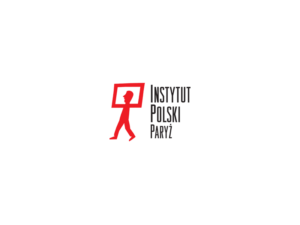Literra is a series of four translation masterclasses for university students and four open meetings with Polish writers and the literary translators into French, German, Spanish and Dutch, held in Paris, Berlin, Madrid and Amsterdam.
Literra – Promoting Polish Culture Abroad
‘Litera’ in Latin denotes both a graphic sign and the entire body of literary works. ‘Terra’ means land, our shared home and the culture we create. However, literature is an essential and particular manifestation of our culture – both dialogical and self-reflective. Its special character manifests in many different dimensions: the writer’s individual expression and the equally individual reception by their readers, the wider impact of literature on the societies of a given linguistic area, the intercultural dialogue it facilitates and, last but not least, the geopolitical processes that stem from it.
This is why we consider it to be of utmost importance to ensure mutual interpenetration of literatures from separate, though often neighbouring linguistic areas, to facilitate dialogue between authors and readers, and to enable works originating from different countries to be part of the world literature. With this in ming, the Literra project seeks not only to promote Polish literary works abroad, but also to support those capable and willing to apply themselves to literary translation, which requires attention not only to linguistic and cultural, but also to artistic, social and political aspects.
Literary translation involves advanced linguistic and cultural competences, artistic sensitivity, knowledge and rigorous observance of the rules that make us consider a literary work translated into a different language to be the same as the original. It also involves a number of other activities undertaken by literary translators to promote the books they translated, often paving the way for the author in a new and unfamiliar publishing ecosystem, and promoting the culture and literature of the entire country from which the work originates. In this context, it is indeed alarming that the faculties of Polish philology at universities abroad now tend to be bundled together with other departments under a general label of Slavonic studies, and that the whole discipline seems to be increasingly underfunded. Equally worrying is the widespread shift in the situation of literary translators: until recently, the vast majority of such experts carried out their translation activities in conjunction with their professional career, mostly at universities, in full-time employment, while now their employment tends to be much more precarious. Within our project, the direct, in-depth dialogue between authors, the practitioners of literary translation and both expert and general audiences will also facilitate a diagnosis of the current situation and its potentially dire consequences.
Project objectives
The aim of our project is to enhance the competence of future translators of Polish literature into other languages and to promote important literary phenomena emerging in our country. To this end we have planned four translation masterclasses for students of Polish philology at universities in Paris, Berlin, Madrid and Amsterdam, as well as open meetings with authors in these cities, to which we will invite wider expert and general audiences.
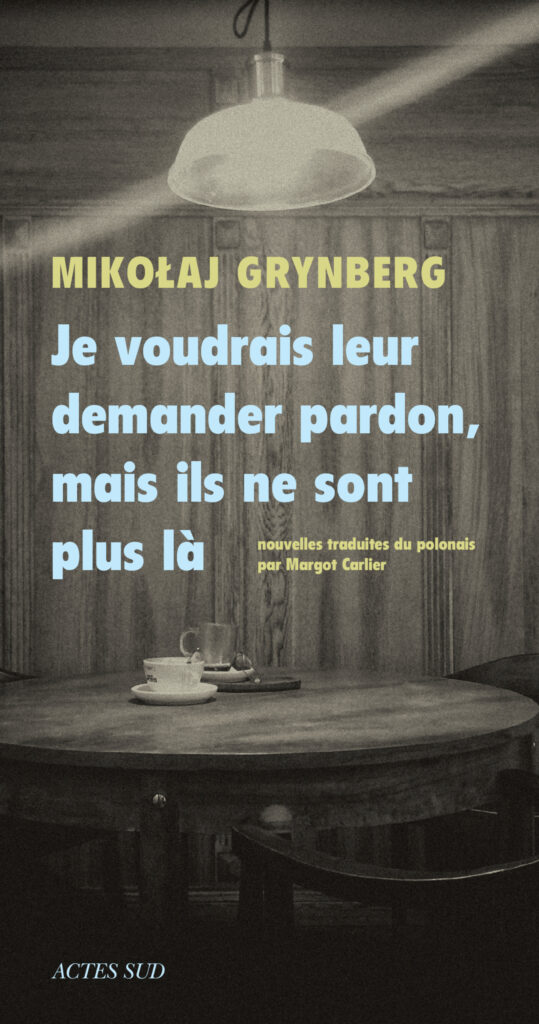
The authors and translators will share their reflections on their collaboration and discuss important aspects of the literary translation process. The discussions will be grounded in their common experience of working on a specific book project. Author meetings – conversations between writers and literary translators, open to the public and hosted by prestigious cultural venues in respective cities – will form the second, equally important ‘leg’ of the Literra project. We hope to achieve an important synergy of our activities: developing skills and inspiring people to consider literary translation of Polish literature as a career option and highlighting specific, vital new phenomena within the Polish literature.
Masterclasses and author meetings
Masterclasses in literary translation are meant for people considering a career choice who, due to their interests and acquired language skills, might opt for a career of a literary translator.
For Polish language scholars, students and aspiring literary translators, a conversation between prominent authors and translators can be both eye-opening and inspiring, not least by highlighting the richness of meaning and complexity of the Polish literary language. The dialogue between the invited guests will facilitate and develop into a debate, which will give participants an opportunity to enhance their individual knowledge of Polish literature and their linguistic sensitivity and expertise, to ask questions, and to get to know each other and the wider network of Polish language experts in their city and country.
Literra in Paris – Mikołaj Grynberg and Margot Carlier
The first translation masterclass for students of Polish philology interested in Polish literary translation will be held in March 2025 at the Sorbonne University in Paris. The masterclass will be led by the Polish author Mikołaj Grynberg and the French translator Margot Carlier. They will discuss principles of collaboration and specific characteristics of literary translation, challenges faced by translators, the particular cultural and social circumstances and contexts of their work. Their dialogue will be based on the French translation of Mikołaj Grynberg’s Rejwach (Je voudrais leur demander pardon, mais ils ne sont plus là, Actes Sud, 2023).
The book is a collection of several dozen texts that form a poignant, multifaceted story about Jewish and Polish experience in the context of the second and third generations after the Holocaust. These ‘small, penetrating prose’ texts, in addition to their purely literary value, also present significant cultural and identity-related values.
The evening meeting with the authors will take place at the Librairie polonaise de Paris, a legendary place on the literary map of Paris, with a special focus on authors and works originating on Poland. The meeting with Margot Carlier and Mikołaj Grynberg will be led by Oriane Jeancourt Galignani.
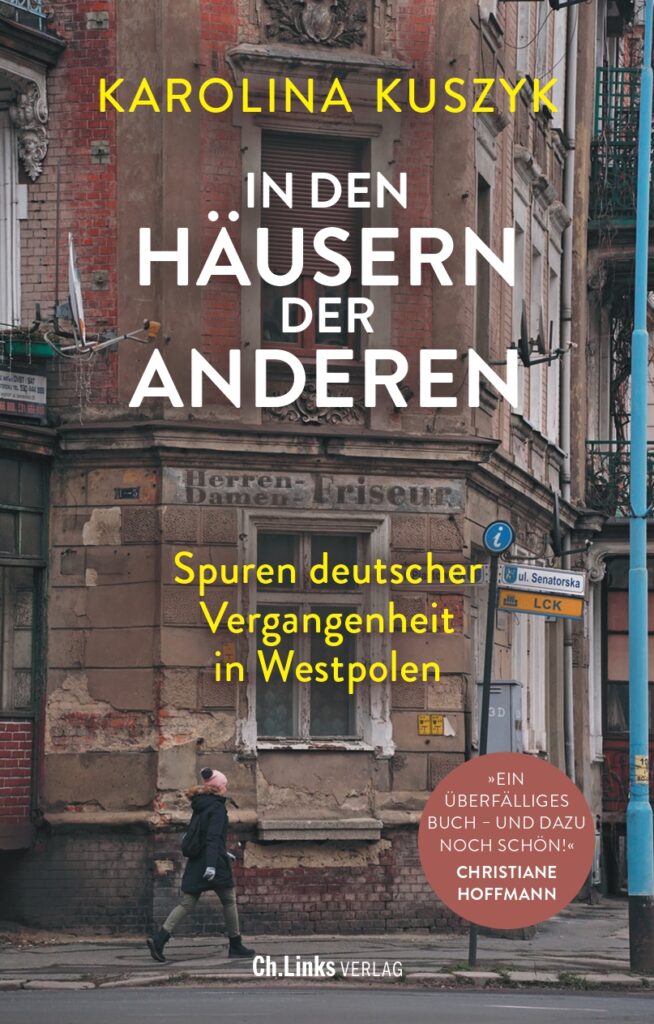
La Librairie polonaise in Paris is the first Polish bookshop to have been established abroad and has a rich history of literary activities spanning over 190 years. Founded by Eustachy Januszkiewicz in the early autumn of 1833, during the so-called Great Emigration that followed the unsuccessful November Uprising in the partitioned Poland, it quickly became an important locus of Polish culture and intellectual life. Still located at 123 Boulevard Saint-Germain, the Librairie polonaise is a popular cultural venue, fostering the traditions of Polish-French cultural collaboration. Every year, it hosts c. 20 events, including: author meetings, book presentations, exhibitions, workshops and conferences. In the recent past, La Librairie polonaise in Paris held meetings with such prominent author as Joanna Kuciel-Frydryszak, Jakub Żulczyk, Agnieszka Szpila and Georgi Gospodinov.
The launch of the Literra project in March 2025 will be particularly memorable, as it will coincide with Olga Tokarczuk’s honorary doctorate award ceremony at the Sorbonne University.
Literra in Berlin, Madrid and Amsterdam
In May, the Polish author Karolina Kuszyk and the German translator of her work, Bernhard Hartmann, will jointly lead a translation masterclass at the Humboldt University in Berlin. The masterclass will be based on Kuszyk’s book Poniemieckie (In den Häusern der anderen, Christoph Links Verlag 2022). Later that day, Karolina Kuszyk and Bernhard Hartmann will meet their German readers at the Grimm Zentrum, Geschwister-Scholl-Straße 1/3, in a conversation hosted by Brigitta Helbig-Mischewski. The library is part of Humboldt University, the oldest higher education institution in Berlin. The building was launched in 2009 and is one of Berlin’s most prestigious literary venues.
In October, we will travel to Madrid, where Małgorzata Lebda and the translators of her recent book, Abel Murcia Soriano and Katarzyna Mołoniewicz will jointly lead a masterclass for Polish-language students and aspiring literary translators. Their conversation with be based on Łakome (Insaciable, Temporal, 2024). Both the masterclass and the author meeting will be hosted by the prestigious Círculo de Bellas Artes de Madrid, one of the most prominent private non-profit organisations in Europe, dedicated to fostering cultural activities. Círculo is known for its openness to developing innovative artistic trends – in the visual arts, literature, science, philosophy, cinema and the performing arts, based on the premise that art may provide refuge from the cacophony created by those who tend to shout the loudest.
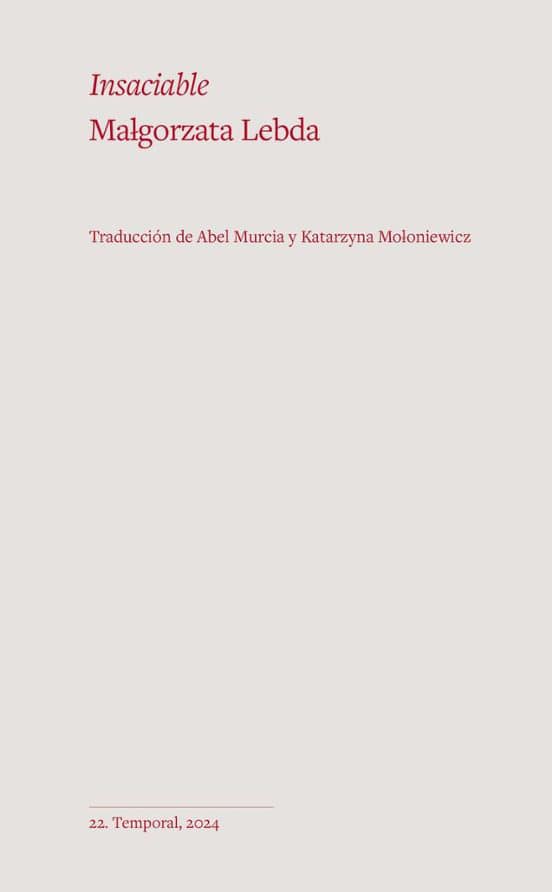
Círculo de Bellas Artes de Madrid is located in the building designed by Antonio Palacios and constructed in the heart of Madrid in 1927. During its nearly 100 years of activities, it hosted thousands of cultural events: exhibitions, conferences, film screenings, author meetings, workshops, seminars, lectures, theatre performances and concerts. It attracts over 400,000 visitors annually. Círculo de Bellas Artes sponsors the Medalla de Oro award for the renewal of contemporary art. The awardees include: Martín Chirino, Alicia Alonso, Antonio Gamoneda, Carmen Martín Gaite, Jean Baudrillard, María Corral, Eduardo Galeano, Teresa Berganza, Slavoj Žižek and John Berger.
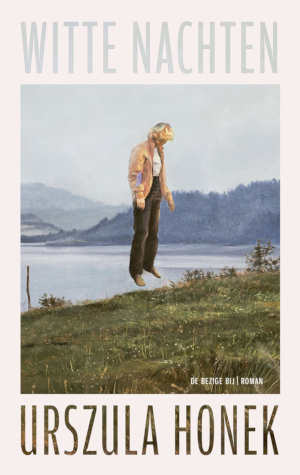
The last episode of the Literra project will take place in November 2025 at the University of Amsterdam, where Urszula Honek and the translator of her prose, Charlotte Pothuizen will jointly lead a masterclass based on their collaboration on Honek’s Białe noce (Witte nachten, to be published by De Bezige Bij, 2025). Urszula Honek and Charlotte Pothuizen will also meet their Dutch readers at SPUI25, a prestigious cultural and academic institution, located in the heart of Amsterdam.
SPUI25 hosts author meetings, book presentations, award ceremonies, lectures and educational activities. It’s audiences include not only the artistic community, but also scientists and activists – every year, it organizes around 300 interdisciplinary events, such as: debates, symposia, seminars and workshops, exhibitions etc. In the past, it hosted, among others, Olga Tokarczuk, Judith Butler, Richard Powers, Marie-Hélène Lafon, Karol Lesman, Agustín Fernández Mall, Alicja Gęścińska, Maarten Asscher, Margot Dijkgraaf, Marita Mathijsen, Peter-Paul Verbeek, Nadia de Vries, Micha Hamel, and Roos van Rijswijk.
Project Partners

This project is co-financed by the Minister of Culture and National Heritage of the Republic of Poland from the Culture Promotion Fund.


